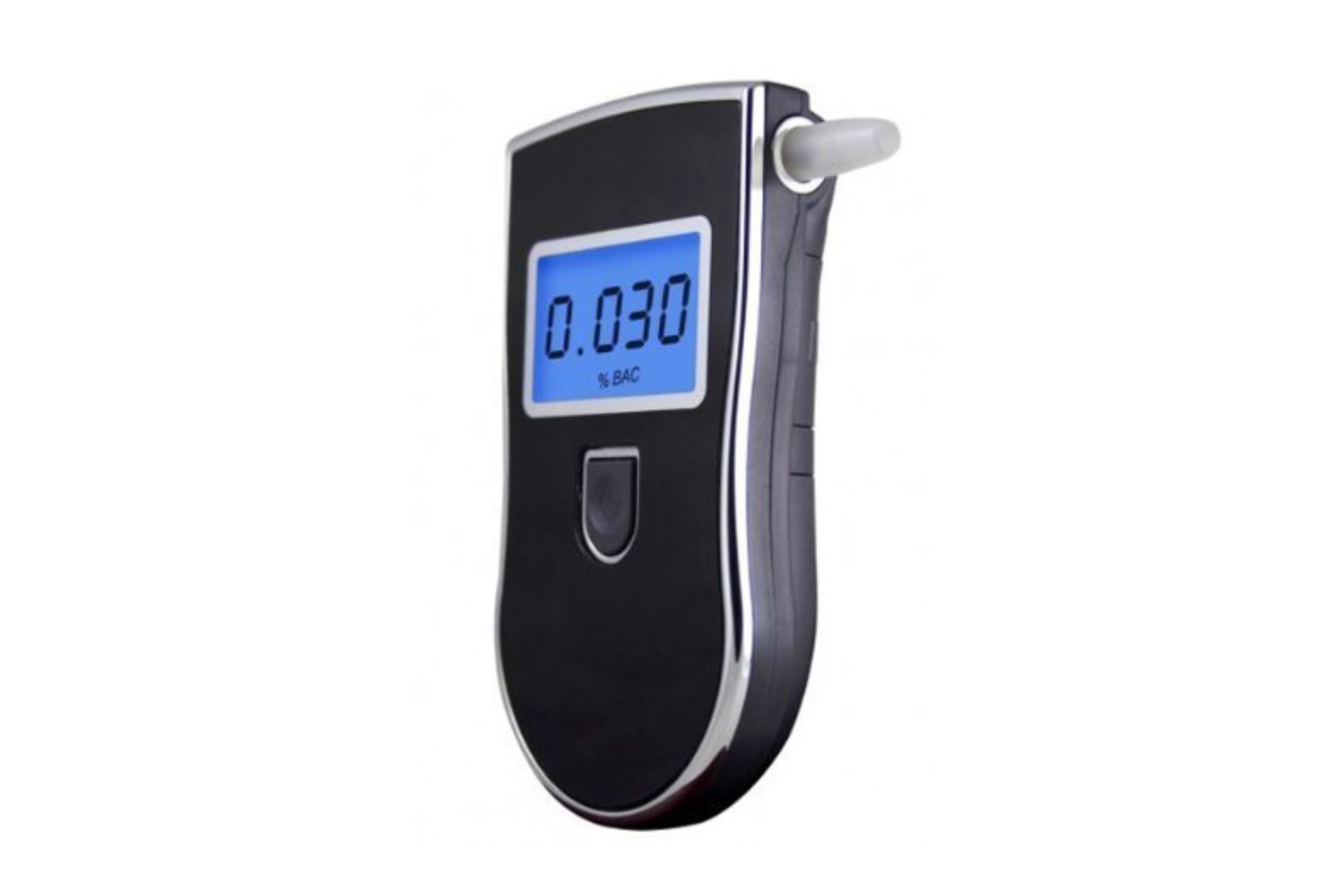Failing to Provide a Specimen of Breath
It is an offence to fail to provide a specimen of breath, however, recent research from the University of Sheffield suggests that some are simply unable to provide such a sample

Pursuant to Section 7 of the Road Traffic Act 1988, in the course of an investigation a police officer can require an individual to provide two samples of breath. This will be provided through an approved device which must be operated correctly and properly calibrated.
The request to provide a sample of breath must be made in a police station or hospital, by a constable in uniform in the course of an investigation into whether an offence of driving with excess alcohol has been committed.
The offence is strictly approached by the courts, a person who, without reasonable excuse, fails to provide a specimen when required to do so in pursuance of this section is guilty of an offence. The meaning of reasonable excuse is fact specific, but can include a medical reason such as asthma or needlephobia. A reasonable excuse will require the Defendant to raise some evidence of there being a reasonable excuse and for the Prosecution to disprove the defence so that the court can be sure that the Defendant did not have a reasonable excuse.
It is essential when seeking to rely on a medical defence that medical records are provided, expert evidence is sought and a robust approach is taken towards any prosecution evidence.
Any approach to trial should include being aware of any recent developments and up to date studies. In October 2023, the University of Sheffield published new research which suggests that more people than currently thought may be physically unable to use approved devices. This may be particularly applicable to older people, shorter people, women and those who smoke.
The research carried out was focused on studying spirometry data entries in the UK biobank, a spirometry is a measurement of how much air that a person can move in and out of their lungs. The research has suggested that as a many as one in 38 men and one in 26 women of small stature are incapable of providing an evidential breath sample.
The results of the above study can be relied upon in criminal proceedings either through the instruction of an expert or careful cross examination of a prosecution witness.
Fill in the Below to Contact Rhys and to obtain legal advice










